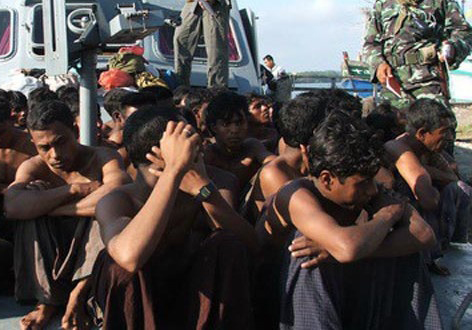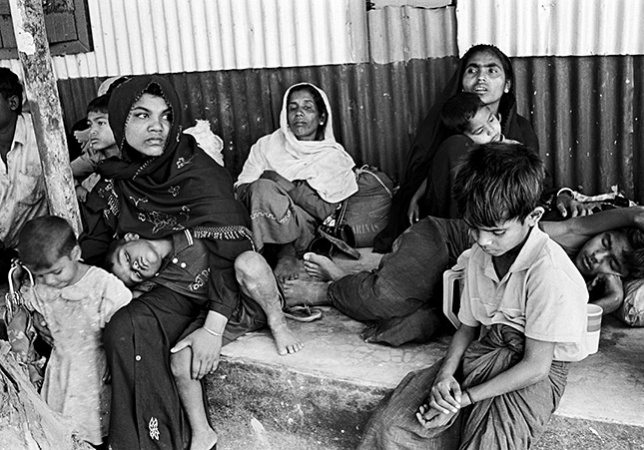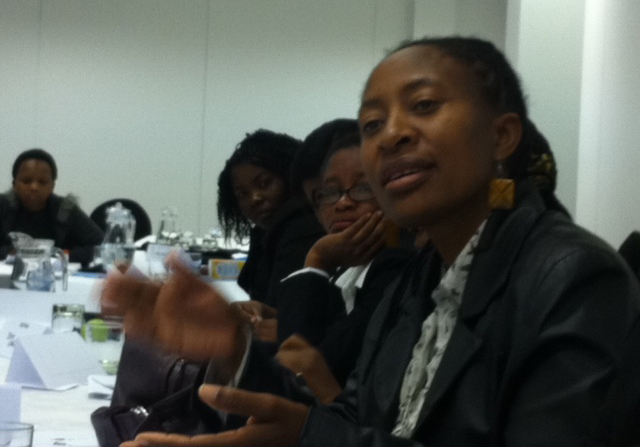
Nov 22, 2012 | News
The ICJ, Metlhaetsile and Friedrich-Ebert-Stiftung (FES) held a multi-stakeholder roundtable dialogue on women’s access to justice in Gaborone, Botswana from 20-21 November 2012.
The event, which is a key step in an ongoing ICJ initiative on women’s access to justice in Botswana, brought together a group of experts to discuss and review a draft ICJ/Metlhaetsile/FES report on the obstacles to justice women continue to face in Botswana.
Participants included attorneys, representatives of NGOs and government agencies, human rights defenders, and members of the judiciary.
The forthcoming report will capture and explore the accounts of barriers received from stakeholders accross Botswana through field research during 2011-2012.
It will include information on the relationship between the gaps in the realization of economic and social rights and the obstacles faced by women to access justice.
It will also identify a series of responsive recommendations elaborated by roundtable participants.
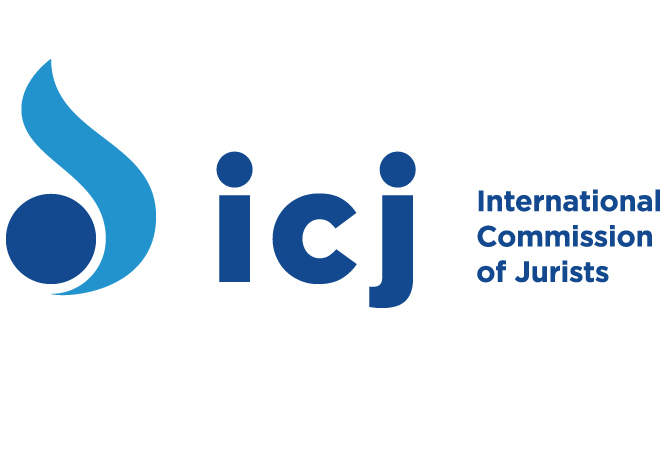
Nov 19, 2012 | Agendas, Events
The ICJ is holding the second part of a seminar on Human Rights and the Rule of Law in a Cross-Cultural Setting from 22 – 23 November 2012 in Bangkok, Thailand. The first part was held last June 2012.
This seminar is organized in collaboration with the Department of Rights and Liberties Protection of the Ministry of Justice Thailand. It is aimed at mid-level government officers so that they may develop a deeper knowledge of the Rule of Law and human rights. This seminar also aims to encourage Thai civil servants across the justice sector to effectively address conflict and crisis within Thailand through a Rule of Law-based approach.
Speakers include Mr. Colin McLean, former Chief Inspector from the Police Service of Northern Ireland, and Mr. Ciaran O’Maolain, former head of policies of the Northern Ireland Human Rights Commission.
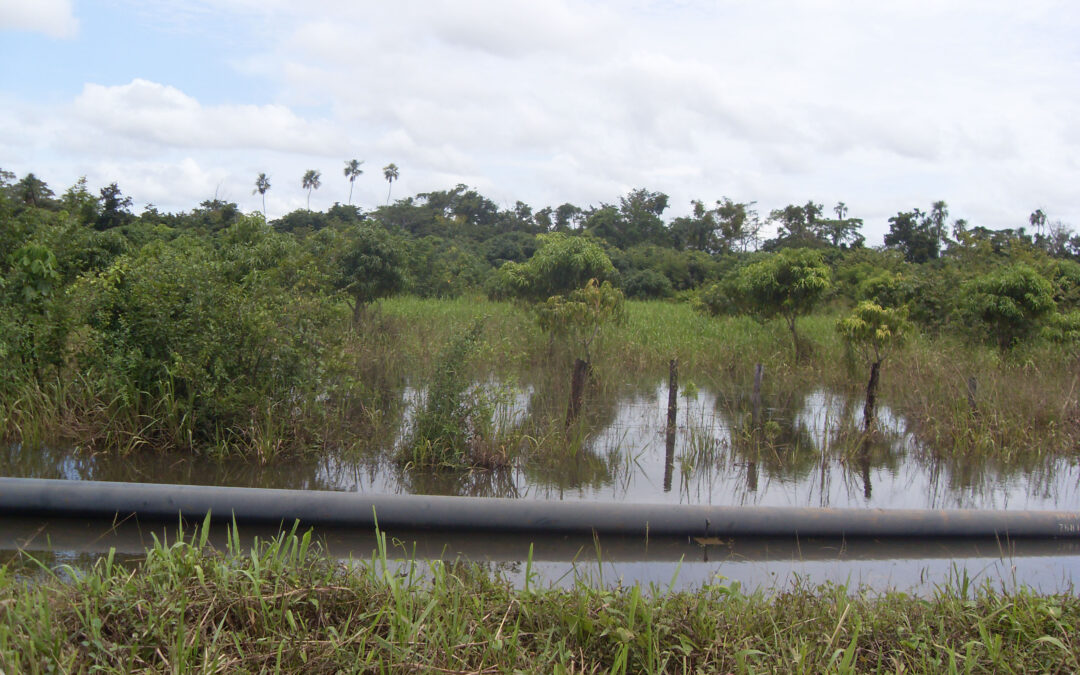
Nov 15, 2012 | Incidencia
El presente informe sistematiza las consideraciones principales relativas al respeto de los derechos humanos en los municipios de San Andrés y La Libertad, así como aquellas relativas al derecho de acceso a la justicia.
El informe cubre el período de enero de 2010 a julio de 2011.
El informe ha sido preparado en el marco del proyecto sobre Reforma a la Justicia y Fortalecimiento del Estado de Derecho en Guatemala (EIDHR/2,009/224-504) que la CIJ implementó con apoyo de la Unión Europea; una de las actividades de dicho proyecto consistió en brindar asesoría puntual a las comunidades indígenas en materia de derechos económicos, sociales y culturales.
La CIJ ha estado llevando a cabo varias actividades relacionadas con la situación de los derechos humanos en el departamento de Petén, sobre todo en los municipios de San Andrés y La Libertad, en donde radican diferentes comunidades que enfrentan serias violaciones a los derechos humanos, mismas que están generando un delicado confl icto social que afecta a los hombres, mujeres y niños que habitan esas zonas.
Además, en el marco de dicho proyecto, era necesario elaborar un informe sobre el derecho de acceso a la justicia, partiendo de un caso concreto.
La CIJ decidió llevar a cabo este informe, tomando como caso paradigmático la situación que viven las comunidades del departamento de Petén.
En el contexto de este proyecto, a partir de enero de 2010 la CIJ asesoró a varias personas con el objeto de presentar una acción de inconstitucionalidad en contra de la prórroga del Contrato Petrolero 2-85, que el Estado de Guatemala autorizó aún en contra de la legislación constitucional y ambiental.
La compañía petrolera PERENCO ha operado en el departamento de Petén desde 1985; la zona en donde está dicha compañía fue declarada “zona protegida” por la legislación ambiental aprobada en la década de los años noventa.
Ante el vencimiento de su contrato de operaciones petroleras veinticinco años después, el Estado de Guatemala llevó a cabo una reforma legal que permitió la prórroga por quince años más de todo contrato petrolero; dicha reforma debería entenderse para todos aquellos futuros contratos petroleros o sea que a partir de dicha reforma, todos los contratos que se aprobasen en el futuro, podrían prorrogarse por 15 años más.
Sin embargo, mediante la aplicación retroactiva de la ley y de otras ilegalidades como la violación al debido proceso y a otras garantías, se aprobó la prórroga del contrato mencionado.
La CIJ presentó la acción de inconstitucionalidad referida con anterioridad, que fue rechazada in limine, o sea que la Corte de Constitucionalidad ni siquiera entró a conocer el fondo del asunto.
Por otro lado, mientras que a la compañía PERENCO se le prorrogaba el contrato 2-85 aún en contra de disposiciones constitucionales, a las comunidades se les venía calificando permanentemente como “población invasora” de la zona protegida.
Tanto las comunidades como la compañía PERENCO, se encuentran dentro de la zona protegida por el Estado, zona que se considera debe ser protegida por existir una de las reservas de humedales más importantes de Latinoamérica. Según dirigentes de diferentes comunidades, la compañía petrolera está perforando pozos en la zona central del área protegida causando daños irreparables al medio ambiente.
Los techos de lámina de sus viviendas también han sido afectados por los gases que emanan de dicha actividad, daño que se extiende a la salud de los pobladores.
En general, la situación de las comunidades que viven en los municipios de San Andrés y La Libertad es de suma vulnerabilidad.
La CIJ ha constatado que entre las causas principales de esta vulnerabilidad se cuentan la negación por parte del Estado de toda posibilidad de acceso a la justicia, la extrema pobreza en que viven, la falta de certeza jurídica sobre sus tierras, la política de desalojos que el Estado ha venido implementando desde el segundo semestre de 2010, la presencia del narcotráfico en sus zonas o regiones, la política de remilitarización y las consecuencias de la exploración y explotación petrolera que afectan su salud y otros derechos.
A esto debe sumarse la falta de respeto al derecho a la consulta. A estas comunidades se les niegan sus derechos con el argumento que son “invasoras” y que están ilegalmente en una zona protegida, mientras que a la compañía PERENCO se le prorroga el contrato petrolero.
El presente informe sistematiza las consideraciones principales relativas al respeto de los derechos humanos en los municipios mencionados, así como aquellas relativas al derecho de acceso a la justicia.
Guatemala-Informe Acceso a la Justicia-Caso SA y LT Peten-publications-2012-spa (full text in pdf)
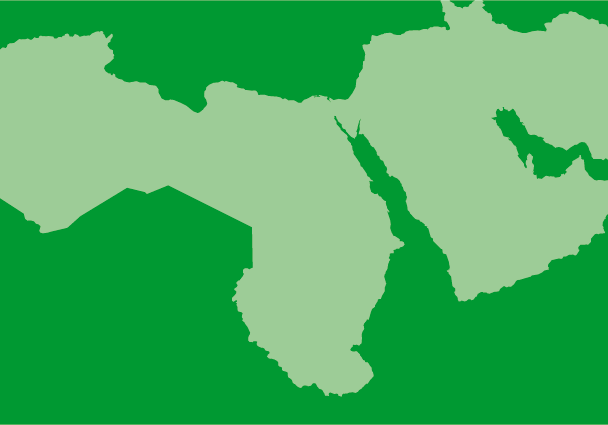
Sep 29, 2012 | News
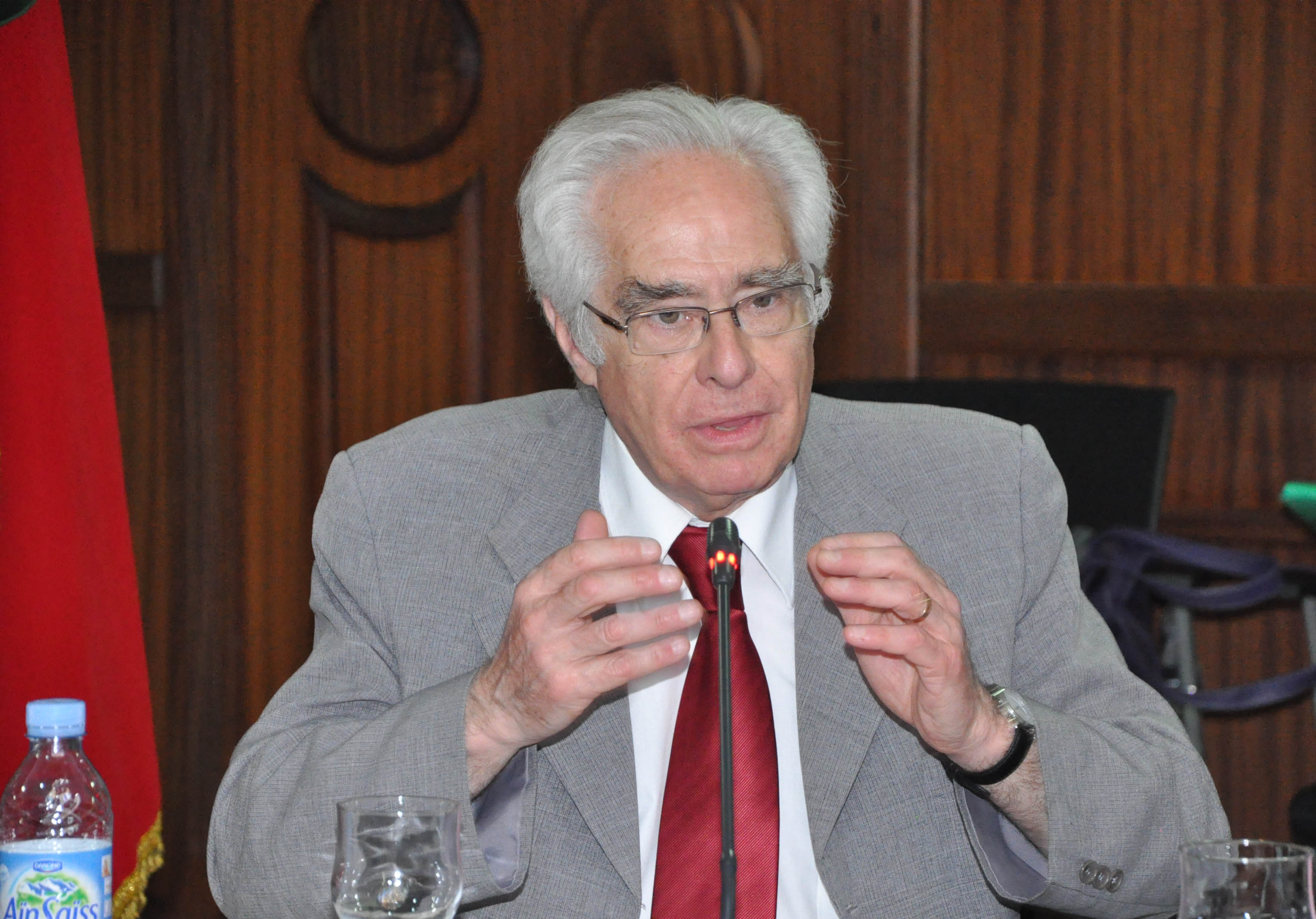 During three days, from September 26 to 28, 2012 in Rabat, the ICJ ESCR Programme and the MENA Regional Programme organized two events in collaboration with the OMDH (Organisation Marocaine des Droits Humains).
During three days, from September 26 to 28, 2012 in Rabat, the ICJ ESCR Programme and the MENA Regional Programme organized two events in collaboration with the OMDH (Organisation Marocaine des Droits Humains).
ICJ Commissioner Mr. Roberto Garreton supported the three-day programme. The first two days were dedicated to a workshop gathering 30 representatives of human rights NGOs, service providers, consumer protection groups, lawyers and academic experts.
The participants were trained and had discussions on the opportunities, the challenges and the remedies that the Moroccan legal and institutional framework offers to individuals and groups seeking justice for violations.
Discussions also concerned the legal reforms undertaken in the country and how they will impact the ability for victims of human rights violations to access justice.
The participants particularly welcomed the workshop setting and focus that brought together a variety of groups working in relevant areas.
On the third day, 28 September 2012, a symposium attended by civil society actors, lawyers and academia as well as by members of the judiciary and of the Conseil National des Droits de l’Homme was the opportunity to discuss the role of judges in the realization of economic, social and cultural rights.
The two events are part of a project that will involve further research and consultation on access to justice for ESCR in close collaboration with national civil society.
Background of the Workshop
With national projects such as the one in El Salvador, the ICJ programme on Economic, Social and Cultural Rights aims at contributing to improve accountability for human rights violations and access to justice for all, including for victims of threats against and violations of economic, social and cultural rights.
The ICJ has embarked on research processes at national level to identify obstacles and opportunities for access to justice, as well as on consultation and collaboration processes with national allies to define strategies to address gaps.
Depending on the needs identified, the ICJ will support the implementation of recommendations and steps that includes trainings and legal interventions.






